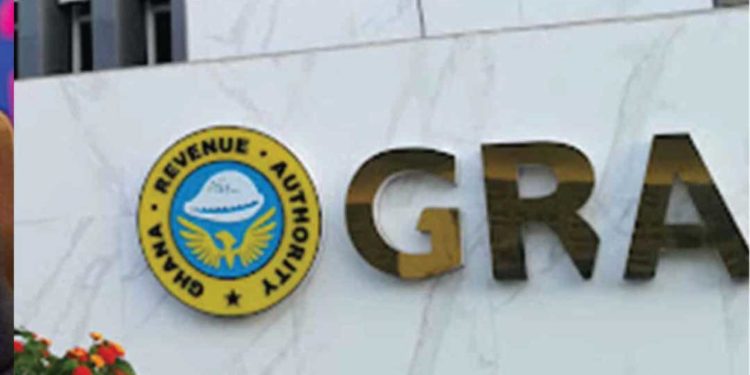GRA Urged to Reassess 3% Flat Tax Threshold as Modified Taxation Scheme Takes Effect
Ghana’s Revenue Authority (GRA) is facing growing calls to revise the threshold for its 3% flat tax rate, with tax analysts warning that the current GH¢20,000 benchmark is too low and risks burdening the smallest informal businesses.
The call for reform coincides with the official rollout of the Modified Taxation Scheme, which takes effect nationwide today, July 1, 2025. The scheme is designed to formalise taxation within the informal economy by applying simplified tax bands for small and medium-sized enterprises (SMEs) based on annual turnover.
Under the new framework, businesses earning between GH¢20,000 and GH¢500,000 annually are required to pay a flat 3% tax on gross sales. However, tax professionals argue the threshold is outdated and needs upward revision.
Speaking to Citi Business News, tax analyst Francis Timore Boi commended the broader policy direction but criticised the entry point for the flat rate. “The threshold of GH¢20,000 is quite low. It should be increased slightly to exempt very small businesses. Imagine 3% of GH¢20,000—that’s just GH¢600 for the entire year. That’s very little,” he noted.
According to him, adjusting the threshold would ensure microenterprises are not overburdened while maintaining fairness in the system.
The scheme also introduces a tiered structure:
Microbusinesses earning below GH¢20,000 annually are to pay a fixed quarterly tax, capped at GH¢45.
Firms above GH¢500,000 in revenue will be taxed under the regular graduated tax regime with permissible deductions.
Despite his reservations on the threshold, Mr Timore Boi praised the scheme’s potential to broaden the country’s narrow tax base, which has historically excluded a significant portion of the informal sector. “If we’re able to broaden the tax base, you’ll see that the current tax rates can actually come down,” he said, adding that Ghana’s over-reliance on indirect and consumption taxes stems from low formal compliance rates.
He, however, expressed concern over the timing of the rollout, highlighting the limited adjustment window for affected businesses. “We have just six months left in the year, and it seems there hasn’t been enough sensitization. Initially, we’re likely to see resistance from small businesses, especially since many of them are being taxed for the first time,” he observed.
Mr Timore Boi recommended that such schemes be introduced at the start of a calendar year to allow smoother adoption and give the GRA a full fiscal cycle to collect revenue. He also stressed the importance of extensive public education campaigns to facilitate voluntary compliance.
The GRA, under pressure to enhance domestic revenue mobilisation as part of Ghana’s IMF-supported fiscal consolidation programme, has in recent months rolled out a suite of reforms aimed at tightening compliance and expanding the taxpayer roll.
Tax payments under the new scheme can be made via mobile money, USSD (*222#), or directly at banking outlets. Business owners may register at any GRA office or through the Authority’s mobile application.
As implementation gets underway, policymakers are likely to face scrutiny over the balance between revenue efficiency and equity, particularly as the government seeks to shift more of the tax burden onto the informal economy.








